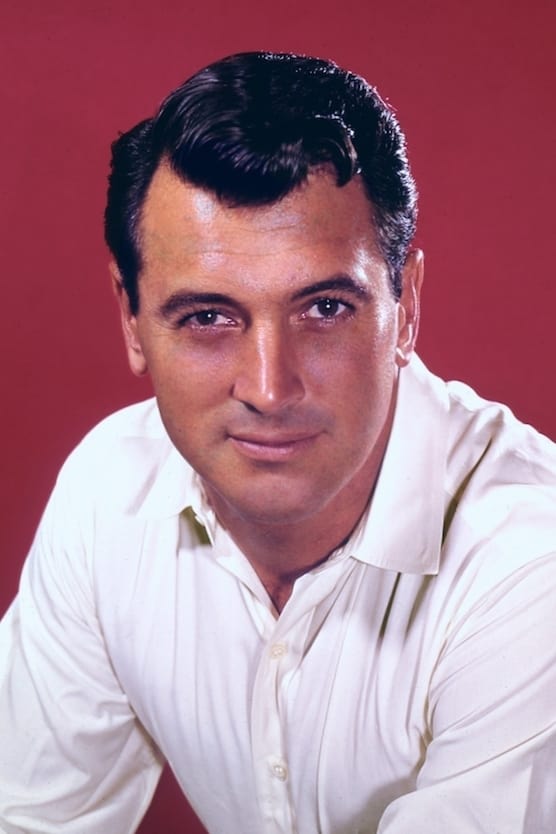
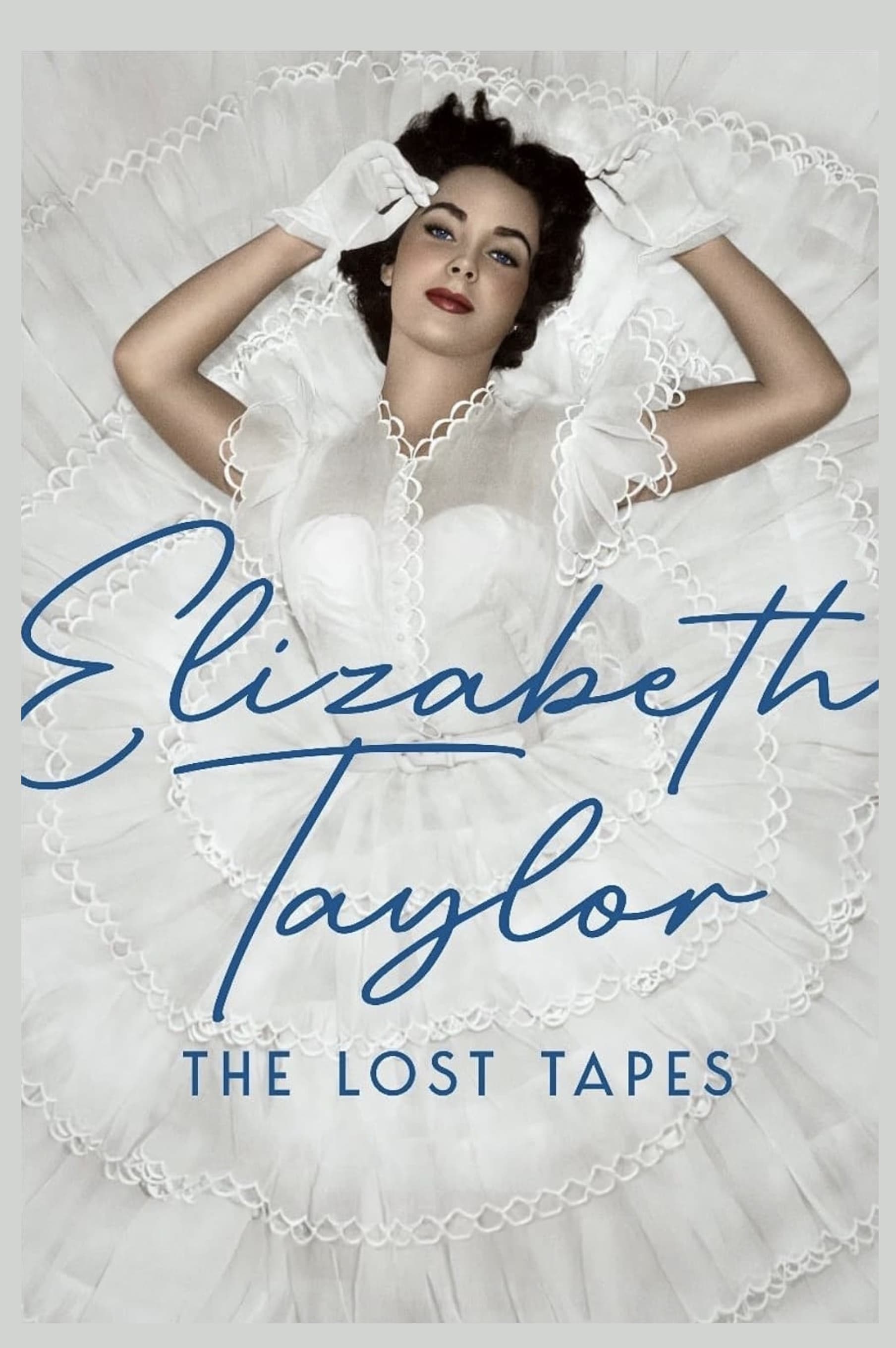
Newly discovered interviews with Elizabeth Taylor and unprecedented access to the star’s personal archive reveal the complex inner life and vulnerability of the groundbreaking icon.
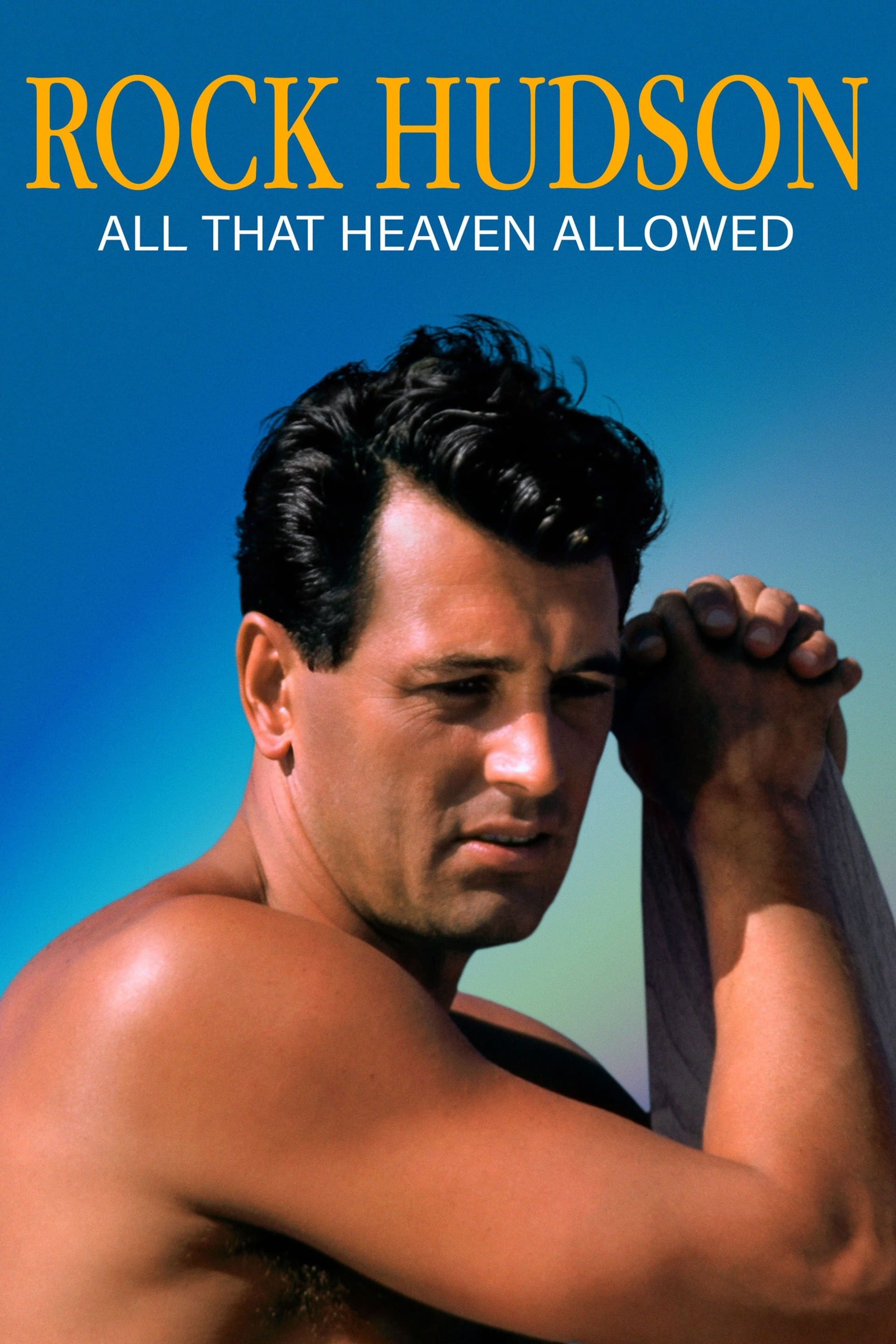
This timely exploration of Hollywood and LGBTQ+ identity examines the life of legendary actor Rock Hudson, from his public "ladies' man" persona to his private life as a gay man.
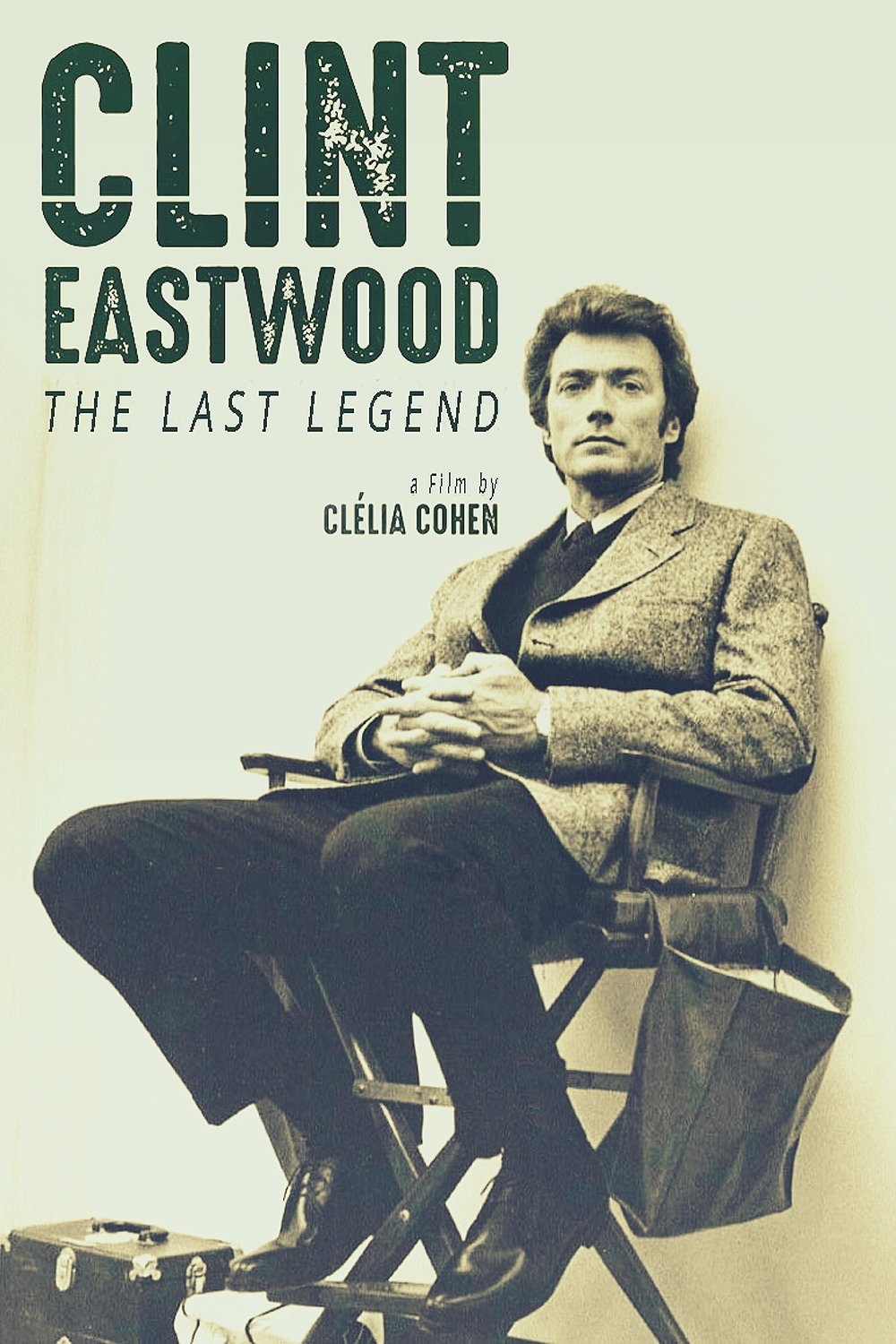
The portrait of the last cowboy Hollywood legend dives into the 65 years of an extraordinary career in Hollywood, highlighted iconic films like The Good, the Bad and the Ugly, as well as Million Dollar Baby, Mystic River and Gran Torino all the way to Cry Macho in 2021. It is no small task to cover more than 60 years of cinema history, especially when it is trying to surveyed with such breadth and diversity: TV star, international star, controversial icon, contested director, filmmaker with a capital F, Eastwood has been through it all, experienced it all, and it is first of all this romantic trajectory, this true American pastoral that the documentary wants to tell with all the passion it possibly can.
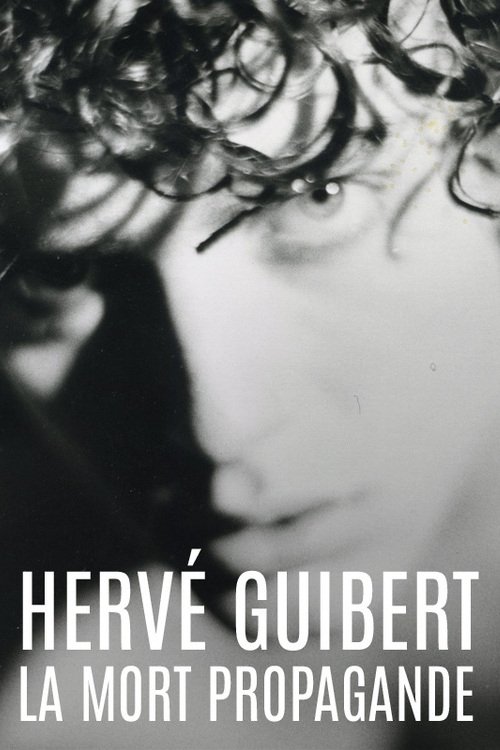
From this "inexorable disease", Hervé Guibert did not recover. The miracle he had so much hoped for did not happen. But, before his death in 1991, three years after learning of his HIV-positive status, he engraved in his literary and photographic work "the places of [his] suffering", "the stations of [his] way of the cross". With his thin body and sunken cheeks, the handsome man with curly hair that he was, the one whose clear gaze radiated from the seaside photos, fought a fierce battle against AIDS. A fight of every moment against the decay of the body, observed and commented with a methodical care in his autobiographical novels, in particular "To the Friend Who Did Not Save My Life" (1990) and "The Compassionate Protocol" (1991), and of which he testified on television on the set of "Apostrophes"...

Rita Moreno defied both her humble upbringing and relentless racism to become one of a select group who have won an Emmy, Grammy, Oscar and Tony Award. Over a seventy year career, she has paved the way for Hispanic-American performers by refusing to be pigeonholed into one-dimensional stereotypes.
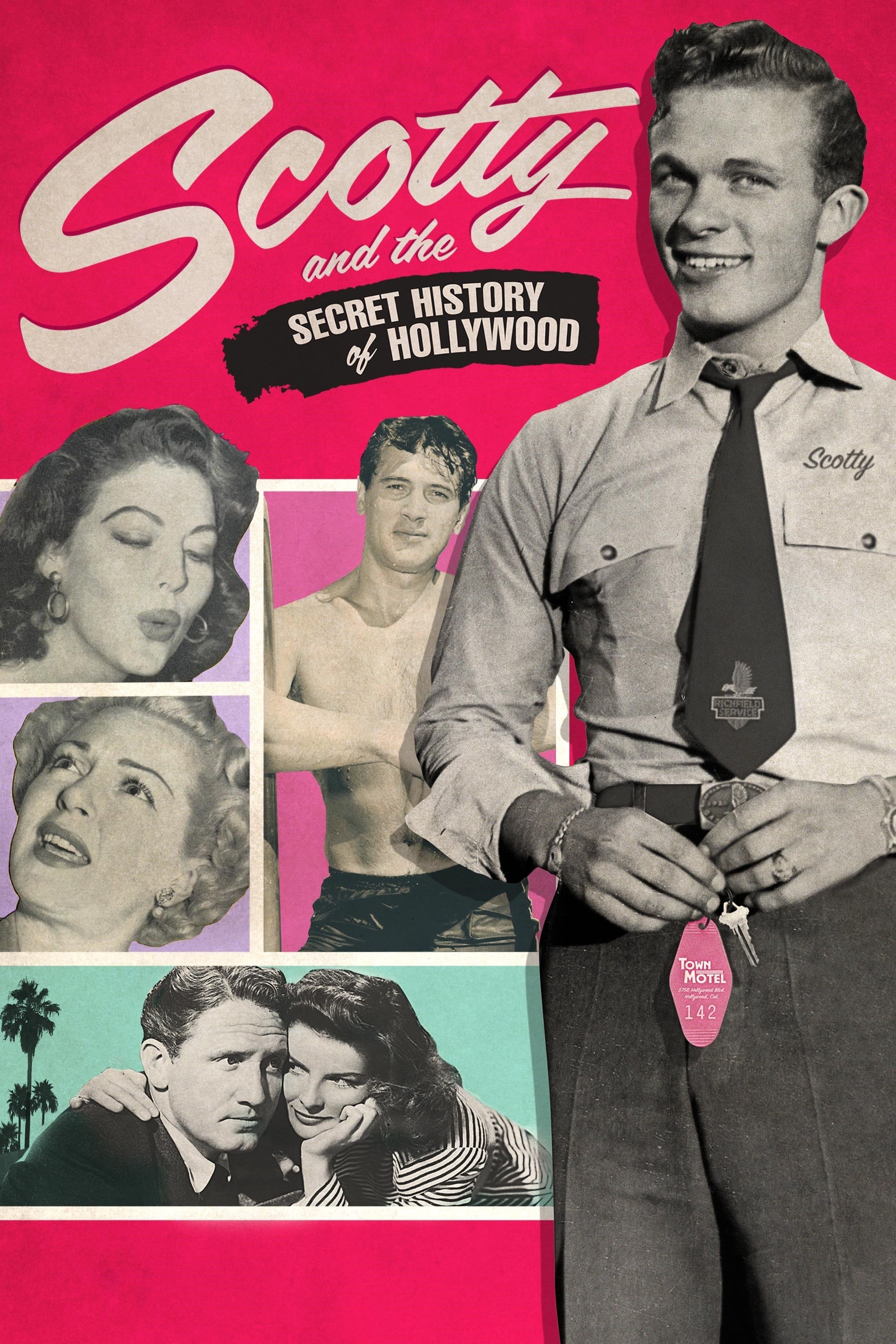
A deliciously scandalous portrait of unsung Hollywood legend Scotty Bowers, whose bestselling memoir chronicled his decades spent as sexual procurer to the stars.
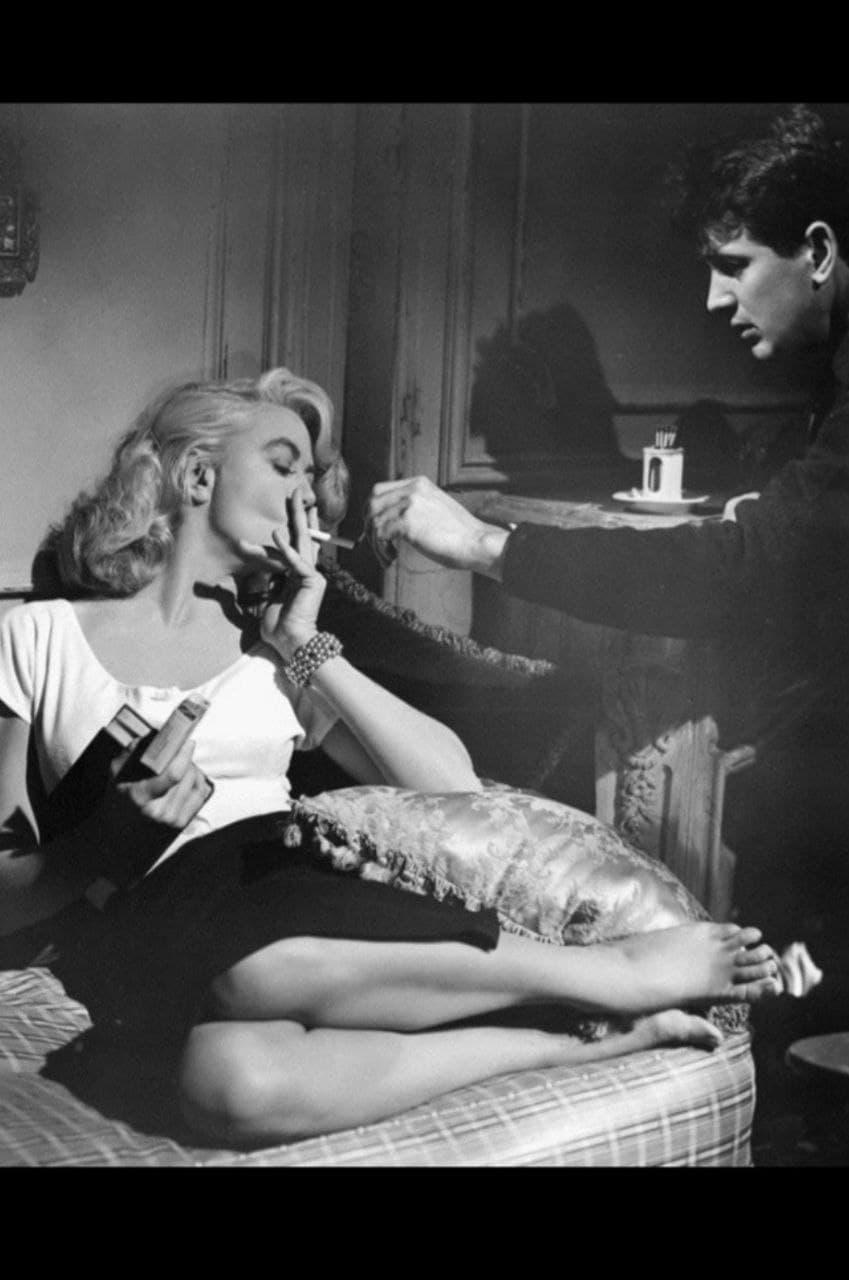
An audiovisual essay on Douglas Sirk's film The Tarnished Angels (1957). Analyzes a central scene 40 minutes into the narrative, and also refers both backward and forward in order to show the film’s richly elaborated logic of part and whole, repetition and stasis, drama and entropy.
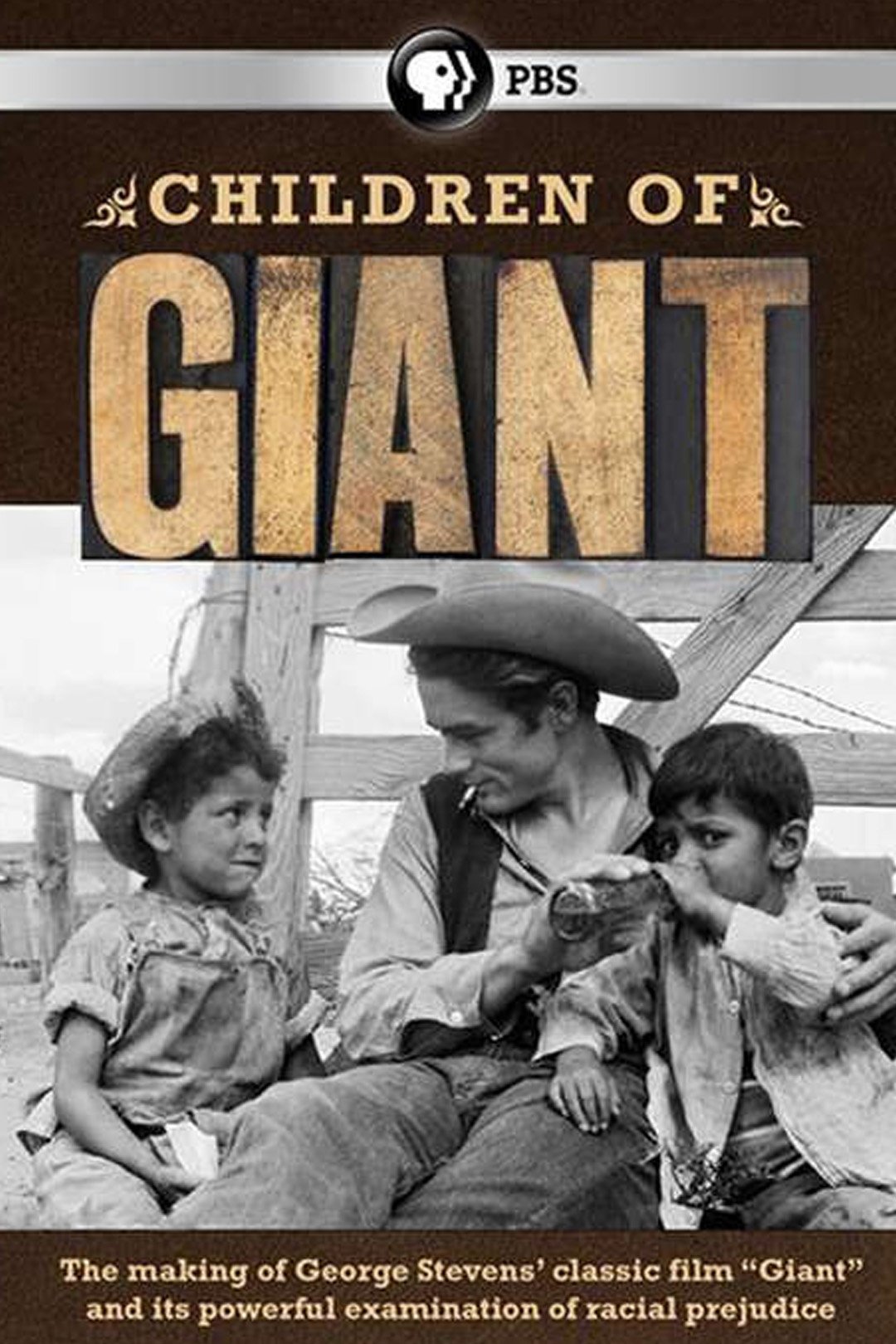
"Children of 'Giant'" is a documentary film that unearths deeply wrought emotions in the small West Texas town of Marfa, before, during and after the month-long production of George Stevens' 1956 feature film, "Giant." Based on the controversial Edna Ferber novel of the same name, the film, "Giant" did not shy from strong social-issue themes experienced throughout post-WWII America. George Stevens, its producer and director, purposely gravitated to the drought-ridden community of Marfa for most all of the exterior scenes.
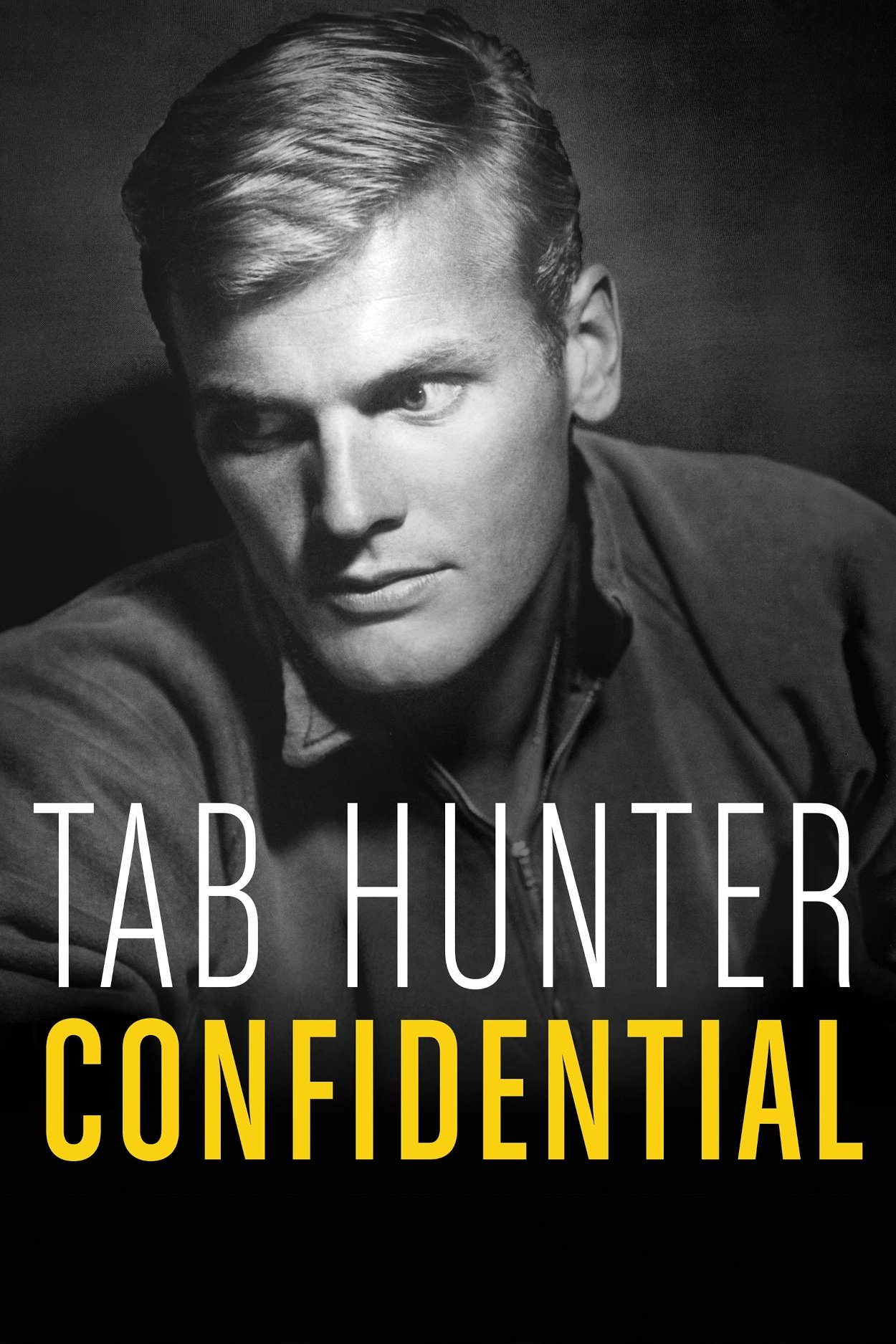
Throughout the 1950s, Tab Hunter reigned as Hollywood’s ultimate male heartthrob. But throughout his years of stardom, Tab had a secret. Tab Hunter was gay, and spent his Hollywood years in a precarious closet that repeatedly threatened to implode and destroy him. Tab Hunter himself shares first hand, for the first time, what it was like to be a studio manufactured movie star during the Golden Age of Hollywood and the consequences of being someone totally different from his studio manufactured image.
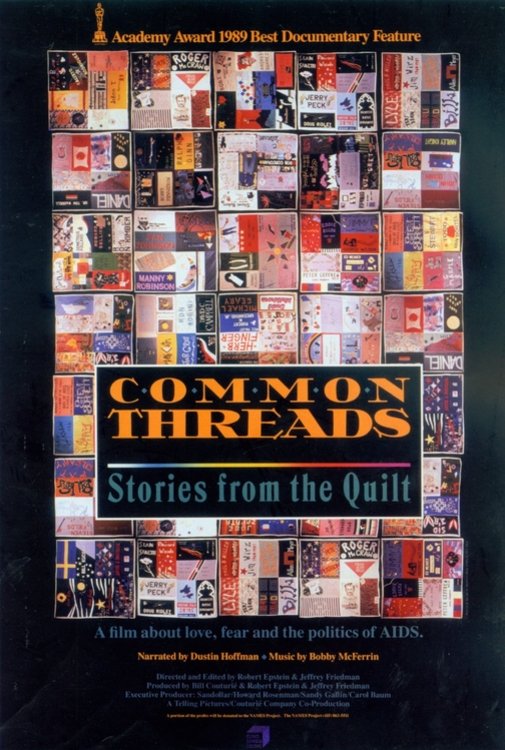
On the eve of 1987's Second National March on Washington for Lesbian and Gay Rights, surviving families and friends of people who have died of AIDS prepare panels to be added to a large-scale memorial quilt project. Drawing from the sea of names memorialized, director Robert Epstein focuses on the lives of six people. Alongside the intimate profiles offered, through news footage and interviews, Epstein puts the AIDS crisis in the larger context of social and government response to the disease.
Rock Hudson (born Roy Harold Scherer Jr.; November 17, 1925 – October 2, 1985) was an American actor. One of the most popular movie stars of his time, he had a screen career spanning more than three decades. A prominent heartthrob in the Golden Age of Hollywood, he achieved stardom with his role in Magnificent Obsession (1954), followed by All That Heaven Allows (1955), and Giant (1956), for which he received a nomination for the Academy Award for Best Actor. Hudson also found continued success with a string of romantic comedies co-starring Doris Day: Pillow Talk (1959), Lover Come Back (1961), and Send Me No Flowers (1964). During the late 1960s, his films included Seconds (1966), Tobruk (1967), and Ice Station Zebra (1968). Unhappy with the film scripts he was offered, Hudson turned to television and was a hit, starring in the popular mystery series McMillan & Wife (1971–1977). His last role was as a guest star on the fifth season (1984–1985) of the primetime ABC soap opera Dynasty, until AIDS-related illness made it impossible for him to continue. Although discreet regarding his sexual orientation, it was a known fact amongst Hudson's colleagues in the film industry that he was a gay man. In 1984, Hudson was diagnosed with AIDS. The following year, he became one of the first celebrities to disclose his AIDS diagnosis. Hudson was the first major celebrity to die from an AIDS-related illness, on October 2, 1985, at age 59. Description above from the Wikipedia article Rock Hudson, licensed under CC-BY-SA, full list of contributors on Wikipedia.
By browsing this website, you accept our cookies policy.